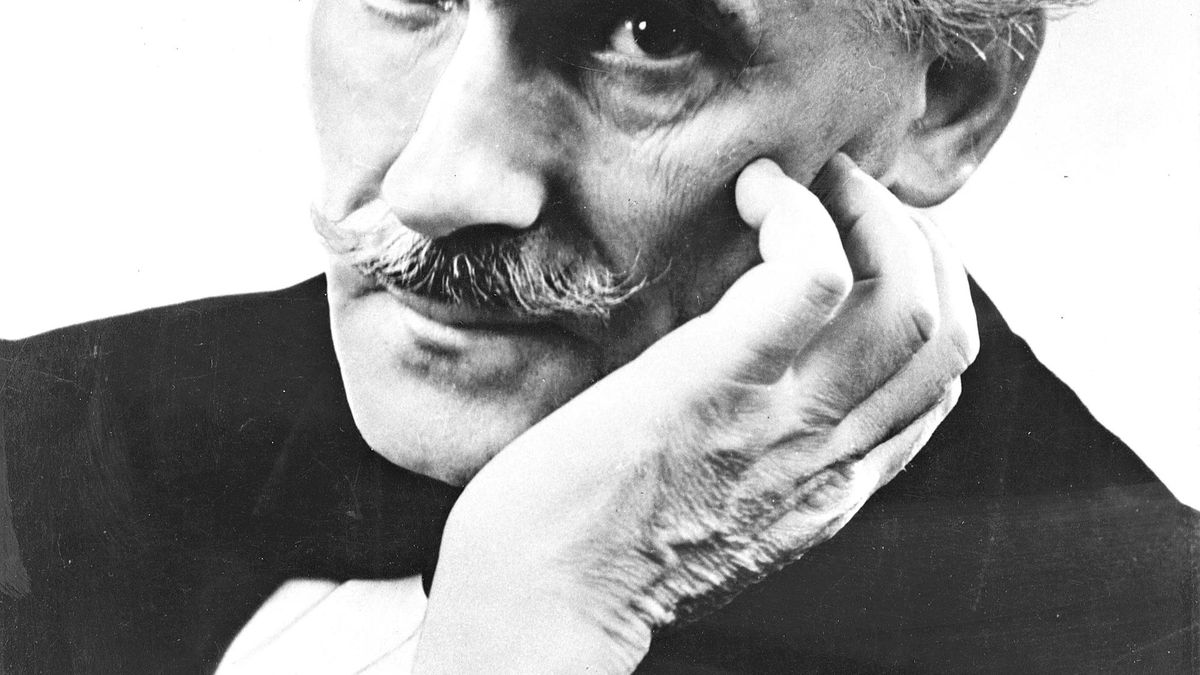He was the first cellist in an Italian classical orchestra to go to Brazil to perform with an opera company.
About 20 singers were also traveling.
They would make their debut with the opera “Aída” by Giusepe Verdi.
A local director, a Brazilian, would act in front of the orchestra, in accordance with the agreement.
During the thirty days that the trip lasted, the young cellist, by way of distraction, occupied himself with interpreting the four or five operas of the company’s repertoire on the ship’s piano. He knew them by heart.
When the Italian cast arrived in Rio de Janeiro, rehearsals began under the direction of the Brazilian director who was to lead the orchestra according to the agreement. This, made up of first-rate professors, did not tolerate certain technical errors of the Brazilian director and ended up rebelling.
The same night of the premiere, the Brazilian maestro refused to conduct the orchestra due to the rebelliousness of the musicians.
On the other hand, the problem had already been made public.
The curtain was about to rise before a roaring room, which knowing the situation began to insult the Italian musicians.
These and the singers, gathered behind the curtain and in the midst of the very strong noise that came from the room, analyzed the situation anguished.
What was urgently needed was a director, capable not only of coordinating the performance but also of appeasing the angry crowd.
Someone from the orchestra suggested Toscanini to conduct it, precisely the cellist.
He had reviewed the entire repertoire on the ship’s piano during the trip and also knew all the operas by heart.
Finally, they put on a tailcoat and practically pushed him into the pit, baton in hand. The room paused before rejecting him.
And that day only Toscanini could work the miracle.
In front of the music stand, he opened the sheet music.
His baton was raised for the first time to glory. And glory tends to caress those who do not seek it.
The score was left open to the first page, since he conducted from memory.
Talent had triumphed. Toscanini was only 19 years old. It is that creation does not always need years, what it always needs is talent.
The Conductor must possess, in addition to practical knowledge, a keen perception that shows him the problems of each of his musicians, but above all these gifts he must be a vocational leader of men.
And some appreciations about Toscanini man.
He was born in Parma, Italy on March 25, 1867.
His father was simultaneously a tailor and a Garibaldi guerrilla, a permanent fighter against injustice.
Toscanini visited Argentina on numerous occasions.
The first in 1901 at the age of 34.
The last one exactly 40 years later.
And one day in January 1957, when he was almost 90 years old, Arturo Toscanini died in New York.
He became perhaps the most important classical orchestra conductor of all time.
He had started studying cello at the age of 9. He was a musician, as well as great, different. In 1930 he toured Europe with an orchestra of more than a hundred musicians of 30 different nationalities, one Argentine among them.
It only remains to add to complete his personality, another attribute that tells us about his dignity and noble human condition. Because he also had incorruptible civic conduct, which I think this brief final anecdote will explain clearly.
During the government of Mussolini, a friend of Toscanini, apolitical like him and also incorruptible, director of the Milan conservatory, was fired for political reasons. Toscanini sent a violent telegram to Mussolini, accusing him of injustice.
His international prestige saved him. But a short time later, in an official act, he refused to play the “Giovinezza”, the fascist march.
Toscanini was truly modest in the face of greatness. But arrogant in the face of baseness.
Ultimately, the greatest rebellions were carried out by pious men. Of course, refusing to carry out the official march meant exile from his homeland. But also the recognition of his contemporaries who added to the admiration for the musician, the admiration for the man.
And this facet of Arturo Toscanini’s personality inspired this aphorism in my mind.
“Dignity is usually paid dearly. But the worthy do not accept reduction.
Source: Ambito




